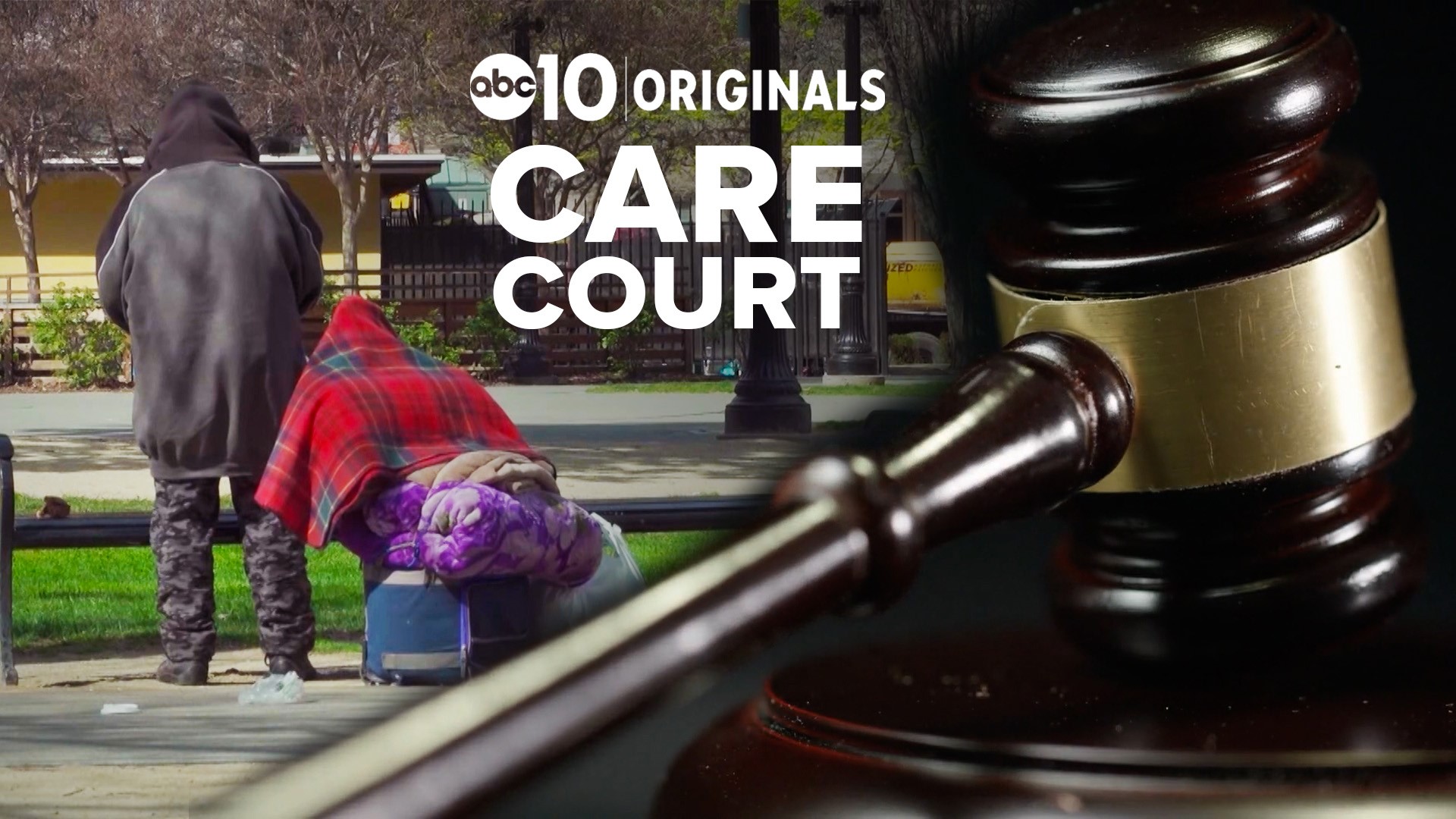SACRAMENTO, Calif. — Encampments fill the streets just blocks from the California Capitol, where in the coming months Governor Gavin Newsom will try to have "CARE Court" written into law.
"We're coming up with a completely new paradigm," said Newsom one of his speeches introducing CARE Court. "It's a new approach."
A new and drastic plan Newsom has said will help solve California's growing homeless problem by getting treatment to those with severe mental health issues through a court-mandated plan. But the question is, will it?
"The simple answer to that is no," said Cal Voices Assistant Director Matt Gallagher, "because according to Dr. Ghaly in the Department of Health and Human Services, which he is the director for, this program will serve between 5,000 to 12,000 people."
The most recent official homeless count is from 2020, conducted by the United States Interagency Council on Homelessness. It estimates California having over 161,000 people experiencing homelessness - a staggering contrast to every other state.

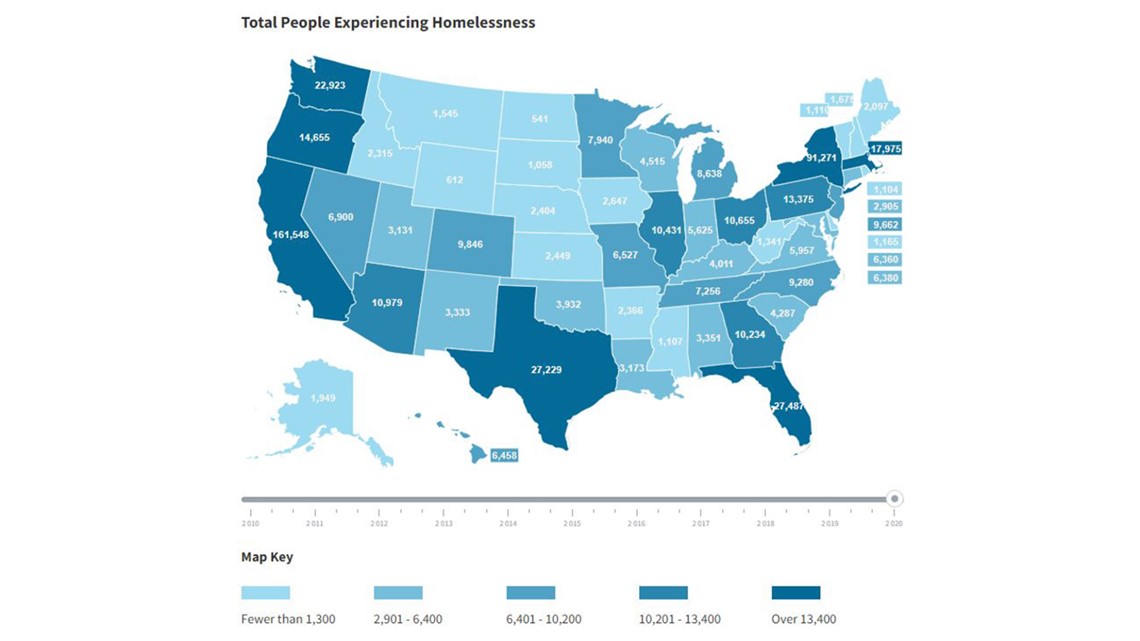
Even more alarming, experts believe California's homeless count has greatly grown in the last two years with the pandemic and our housing crisis.
Since his inauguration, Newsom has continued to sound the alarm bell on homelessness. In his 2019 State of the State speech, he specifically addressed mental health issues within that demographic saying too many living on our streets have bi-polar disorders and schizophrenia and that, "our homeless problem is quickly becoming a public health crisis."
In introducing CARE Court, he's widely framed it as a solution to homelessness, but the problem is likely too widespread for it to work. Even if CARE Court worked perfectly - it would only get 12,000 off the street, something California Secretary of Health and Human Services Dr. Mark Ghaly estimates is the number of those living on the streets with schizophrenia and other psychotic disorders.
It's a different message he's sounded than Newsom during their initial introductions of CARE Court--12,000 out of 161,000 is only around 7% of California's homeless population.
"They are touting it as the end-all-be-all to homelessness," said Gallagher. "If you're a Californian who is seeing what we're seeing on a daily basis, you want to support that proposal... but the devil is in the details."
Details just released in Senate Bill 1338 and Assembly Bill 2830, showing CARE Court could potentially impact many more than just those within the state's homeless population. The current criteria in the bills lists anyone over 18 with a diagnosis of psychosis, an extremely broad criteria setting that doesn't specify it being subject to only those living on the streets.
"I like to say homelessness is a challenge for California with many different faces," said Dr. Ghaly during an interview with ABC10. "So, indeed it's not the entirety of those experiencing homelessness but I would say it's one of the most overlooked populations that often doesn't get served and needs to be."
As Secretary of California's Health and Human Services, Dr. Ghaly would be in charge of implementing and overseeing the CARE Court. He said CARE Court would get people with serious behavioral health conditions the help they need -- focusing on those who live on our streets with these issues.
"Tragically, they spend years and years on the streets and often face extremely bad outcomes as a result," said Ghaly.
But advocates and organizations, like Cal Voices - the California affiliate of the non-profit Mental Health America, are concerned CARE Court's criteria is too broad.
"This is pandora's box now being opened," Gallagher said.

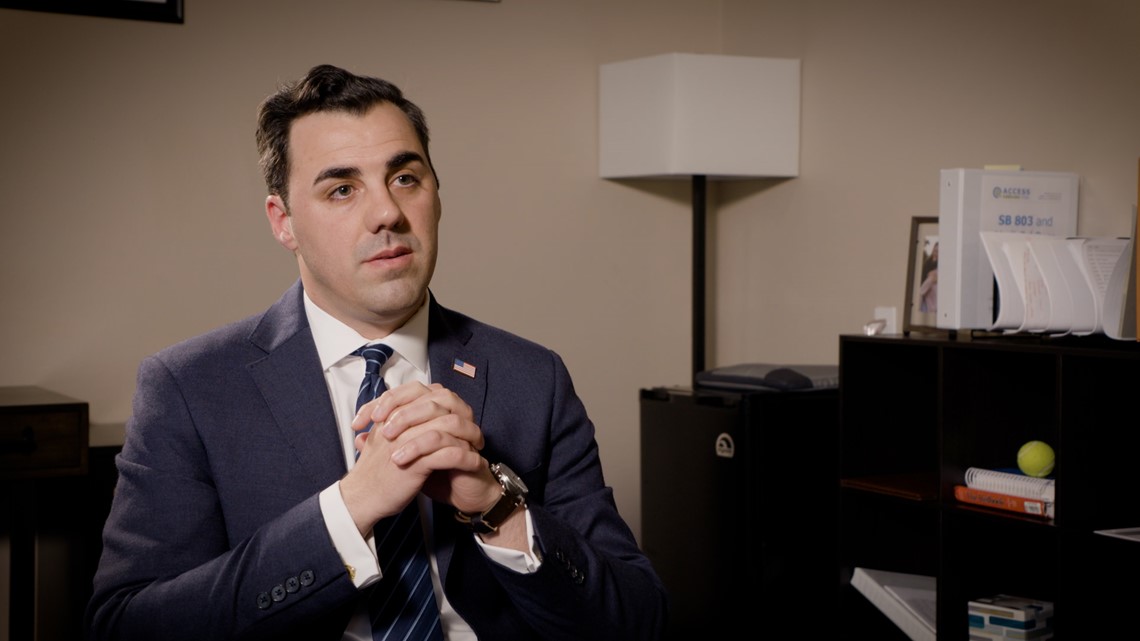
Here's how the CARE Court bills lays out who could be taken into this new system: Someone must be 18, not clinically stabilized, lack medical decision-making capacity and have a diagnosis of schizophrenia or a diagnosis of another psychotic disorder.
But many on the streets might not have an official diagnosis, so could they be taken into CARE Court and then diagnosed?
"It could be the second," said Dr. Ghaly. "We know many individuals may already carry a diagnosis from recent encounter with a 5150 hold or while they were hospitalized, so that might be a diagnosis we could quickly uncover and use as part of the CARE Court process - or based on symptoms, based on a set of conditions - they come into CARE Court process and get an evaluation and then indeed get a diagnosis according to the clinical criteria."
But before all this--in order to even create CARE Court--an entirely new judicial branch within California counties' civil court divisions would have to be enacted.
It's the first step and it's already a red flag for many experts ABC10 spoke to.
"Things to do with the courts are not cheap, they're not efficient," said Gallagher. "And they don't happen very quickly."
Incredible overwhelmed courts is something ABC10's two-year investigation, The Price of Care: Investigating California Conservatorships, found.
The series uncovered California probate courts failing people with judges cycling through conservatorship proceedings, appointing dozens in just minutes.
But it's not just probate courts -- all California court systems, including criminal and civil, are inundated.
"We know due to the pandemic, criminal calendars and the civil calendars are backed up," Gallagher said. "We know workloads for public defenders is at an all-time high."
Gollowing the downtown Sacramento shooting that left six dead and 12 injured -- one of the biggest shootings in Sacramento's history that garnered national attention -- the first suspect arrested, Deandre Martin, had to have a private lawyer temporarily represent him on behalf of Conflict Criminal Defenders, a panel of attorneys who take cases when the public defender's office declares an overload.
We asked Dr. Ghaly why they're trying to create an entirely new court system for CARE Court, when our current courts are already overwhelmed.

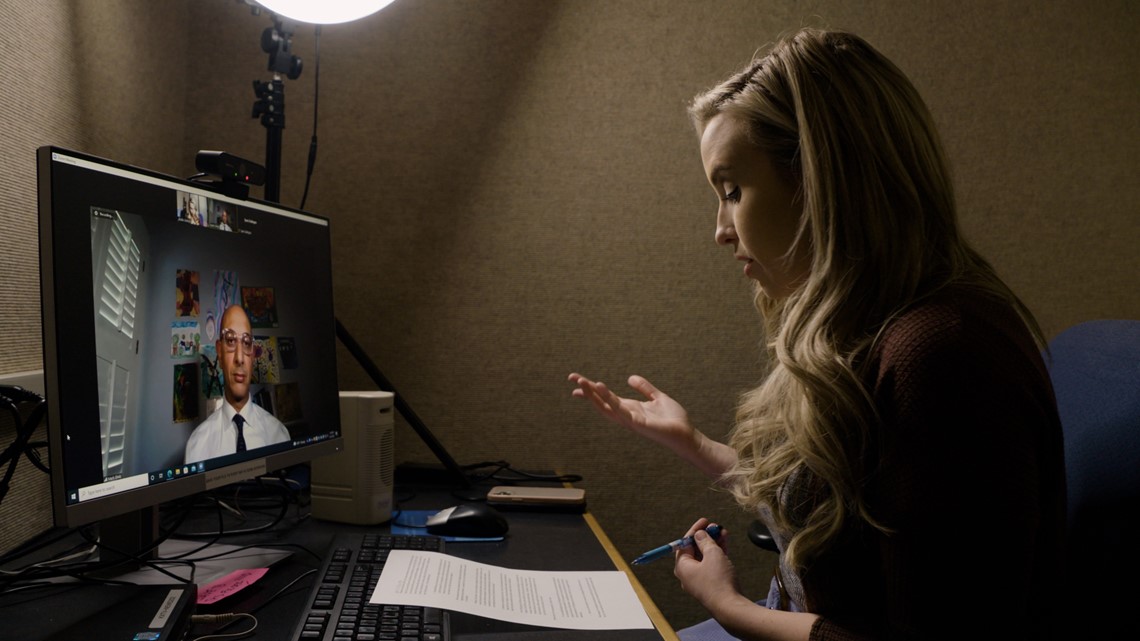
"It's a really important question," Ghaly acknowledged. "I think these are details through the coming weeks we'll be working on."
He said additional investment in courts and new infrastructure will help, but overall, there isn't an answer yet - especially on how public defenders will take on even more cases as those admitted to CARE Court would be assigned a public defender as well as a new role called the "supporter" to assist them in a number of hearings before their CARE plan would be created.
That CARE Plan would happen after someone is petitioned for CARE Court and evaluated to meet the criteria.
The plan includes items like behavioral health treatment and stabilization medication - so yes, court ordered drug treatment.
But is court-mandated treatment a violation of civil rights?
We asked Ghaly, as well as Sacramento Mayor Darrell Steinberg this question.

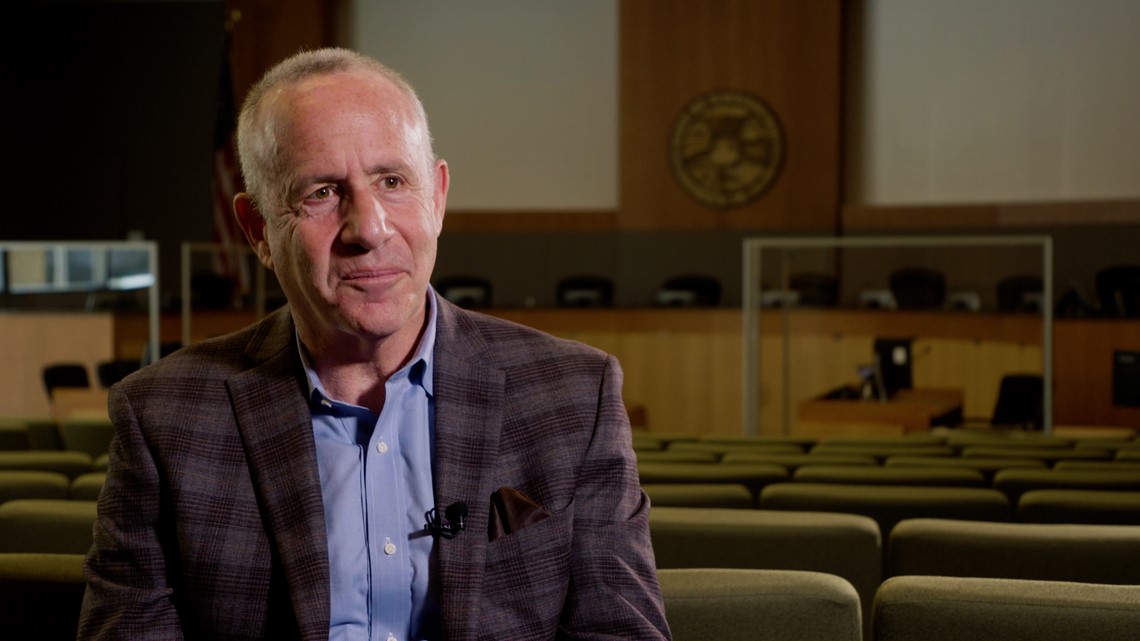
Steinberg has a long history of advocating for programs to deal with homelessness and mental health throughout his tenure - and created the Mental Health Act as a freshman Assemblymember in the early 2000s. He has since been appointed by Governor Newsom to address California's homeless problem.
"It's not a civil right to be living in squalor," Steinberg said.
He fully supports CARE Court and believes the Mental Health Services Act established roots from which Newsom's idea has grown.
"Name another area of major public concern, everything the government is called upon to do is optional or voluntary," Steinberg said. "We don't say that it is optional for local communities to provide a free public education to young people. We mandate it."
When we asked Ghaly about a violation of civil rights, he responded along similar lines with Steinberg, saying CARE Court is the government fulfilling an obligation to get people the treatment they need.
"[CARE Court] is really the processes about accountability on a number of levels and I start by focusing on government accountability," Ghaly said.
But other advocates believe CARE Court would strip people of their basic human liberties.
"Well, I think there's a notion out there that this is a voluntary program - and the simple answer to that is, it's not," Gallagher said. "If I'm an individual ordered by the court to take medication and let's say I don't take it, will I then be punished?"
According to CARE Court's current framework, if someone doesn't abide by their CARE Court plan, they could be subject to more court hearings, go back to previously paused criminal proceedings or be referred to a conservatorship under the assumption that all less restrictive options have been explored.
"That is the definition of coercion," Gallagher said. "You participate or you'll be punished."
But what advocates and government leaders share in common is their belief in the importance of housing to solve homelessness.
Before signing legislation in Los Angeles to tackle California's homeless crisis, Newsom said, "Housing and supportive services - board and care homes - solve homelessness."
He's said this statement a number of times throughout his tenure as governor.
Yet, buried in the new proposal, it says CARE Court "does not allow the court to order housing or require the county to provide housing."
Without a requirement, could someone go through the entire CARE Court system and then end back on the street?
We asked Dr. Ghaly. He said a plan for housing is required in the CARE plan and the state has funds to back up that plan to help find housing for those going through this new court system.
"Between the plan and expectation of that plan, and the resources both counties and cities have been provided by the state, we believe those two things together are going to create housing placements," Ghaly said.
Gallagher questions this. He believes Newsom's housing and homeless plan have been operating in the shadows for years.
"To Governor Newsom, I would encourage him to - if he has a homeless plan - share it with all of us so we can see what his homeless plan really is," Gallagher said. "Where is the money and what's actually being done?"
Overall, Gallagher and other advocates are worried if our state invests billions more of taxpayer dollars into the new plan of CARE Court, it would end up stripping people of their rights while not helping solve homelessness at all.
"This is a band-aid on a problem that's only going to solve a portion of the problem," Gallagher said. "My question to Governor Newsom would be, we have $10 billion. Why are the current programs and systems not serving these people that CARE Court is intended to serve?"
We asked Dr. Ghaly why they're making an entirely new system rather than fixing those already in place to help those with mental health issues - like Laura's Law and LPS conservatorships.
"Well, I think there's a lot of approaches to how we think about solutions to important problems in California," Ghaly said. "Sometimes we approach it by fixing existing systems, and in this case we've chosen to go further upstream."

